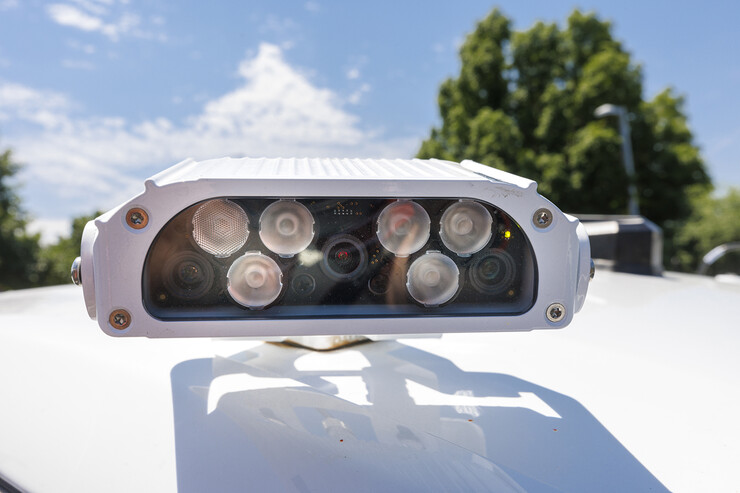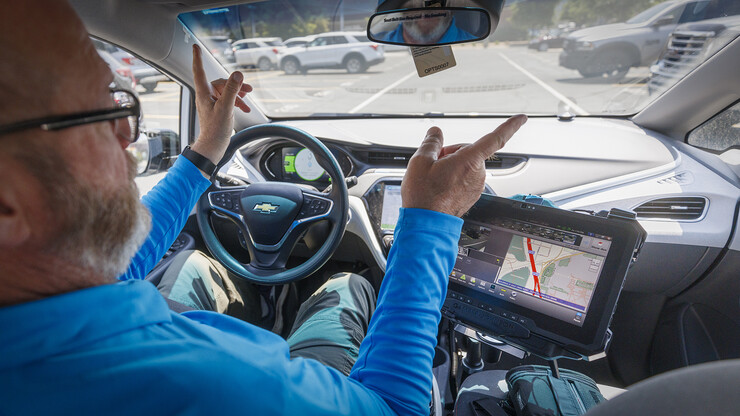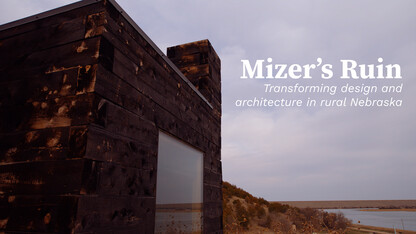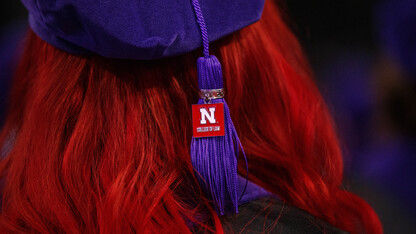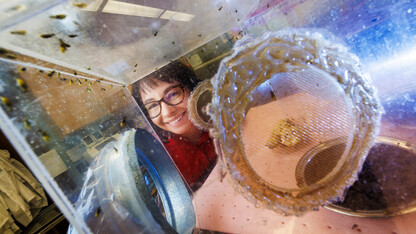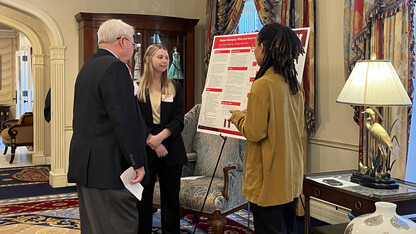· 4 min read
Parking to roll out new virtual permit system
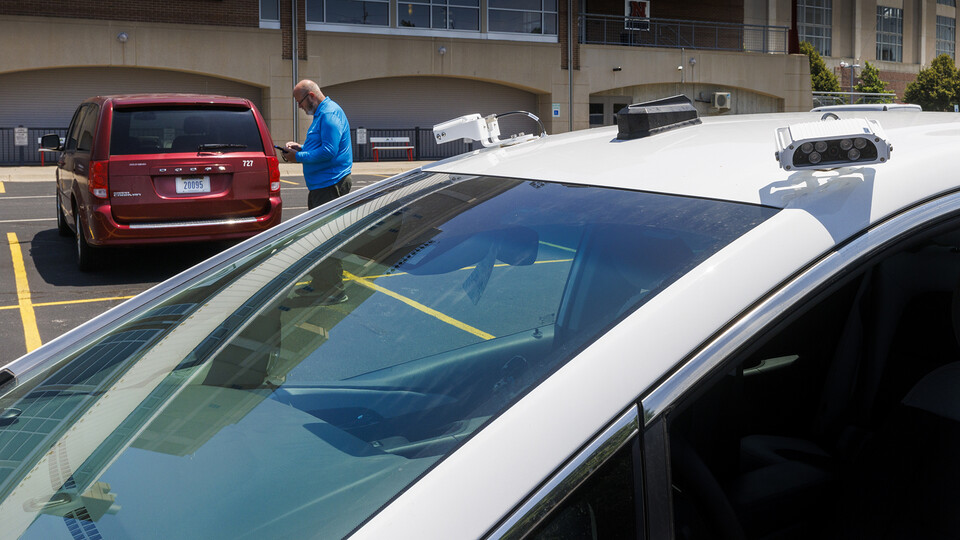
Beginning July 1, the University of Nebraska-Lincoln Parking and Transit Services is implementing a new virtual parking permit system.
Instead of stickers in car windows, university parking permits will be virtual and use License Plate Recognition as permit identification. The only window stickers that will be required are for events for city campus R01 and R02 permit holders; faculty/staff/commuter student surface lot permit holders may request a sticker for event parking. Garage parking permits will require hang tags with the radio frequency identification that opens the garage gate arms, so no additional sticker is required.
Annual or nine month permits are currently available to purchase for students, faculty and staff. Permit prices are unchanged for the eighth year in a row. The new virtual permits and license plate recognition system will be in place starting July 1 — the same date annual permits for faculty and staff must be updated.
To receive a permit, Huskers must register their vehicles and pay for it online or in person at the Parking and Transit Services office. Vehicles registered under the permit are eligible to park in designated campus areas that match the selected permit.
“This will be a time saver for students and faculty,” said Daniel Carpenter, director of Parking and Transit Services. “This system is significantly more efficient and will prevent people from waiting for permits to come in the mail because the permits become available for use immediately upon registration.”
This process will eliminate standing in lines at the office, and will skip the step of in person returns. Temporary permits are issued instantaneously, nothing needs to be printed and displayed on the vehicle dashboard.
University parking areas will continue to be monitored by Parking and Transit Services staff. License plates will be read during patrols and matched to the parking system database. Any vehicle that is not appropriately registered for that area may be cited.
A person may have up to five vehicles linked to the permit. However, if two or more vehicles registered to the permit are on campus at the same time, both vehicles will be cited for misuse of permit.
A similar license plate recognition system is already successfully operating at the University of Nebraska at Omaha and other parking monitoring services nationwide.
Students, faculty and staff with valid Lincoln campus permits that drive to other University of Nebraska campuses should contact the Parking and Transit Office for instructions for a reciprocal permit. Future collaboration between NU campuses sharing customer and vehicle data will improve the physical connection for those who travel between campuses.
In the future, the system will develop a technology enhancement and offer a mobile app. Ultimately, it is intended to help the university community find open lots and spaces to park. It will also create the opportunity for increased hourly and daily parking availability for individuals who commute to UNL campuses.
Faculty and staff must purchase new annual parking permits by July 1.
